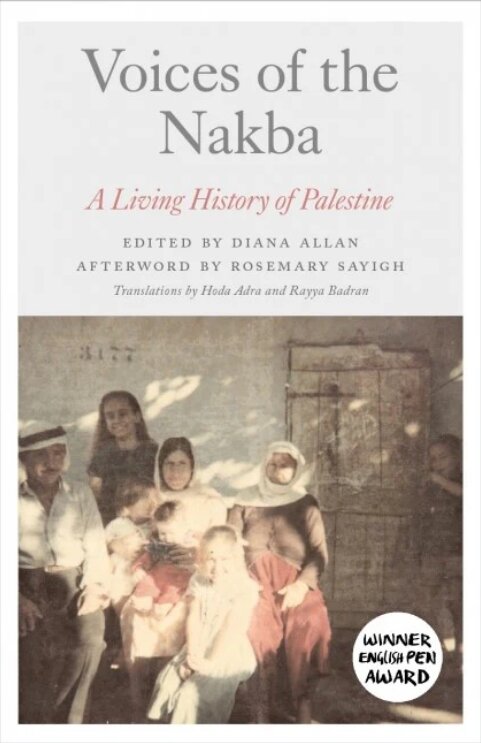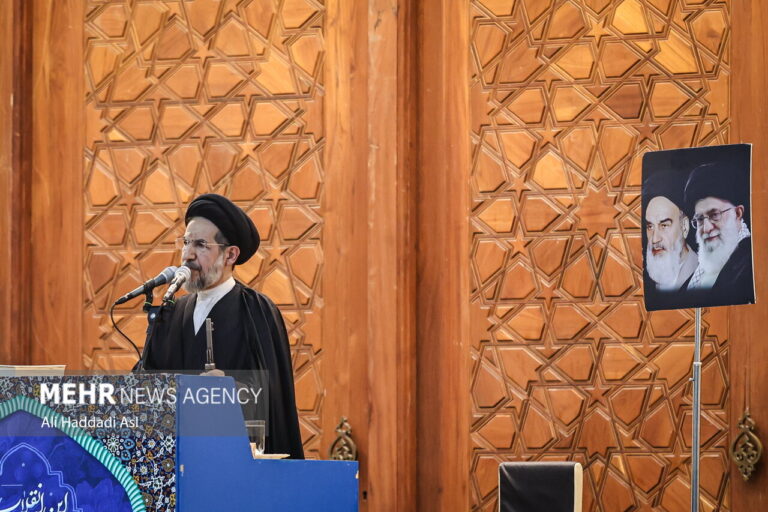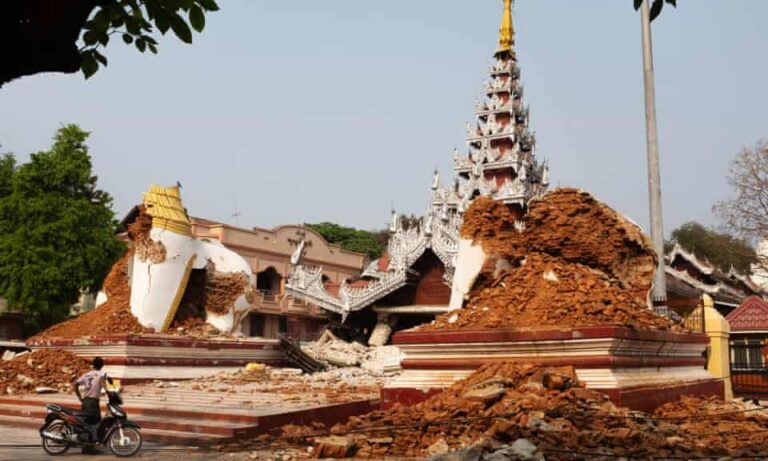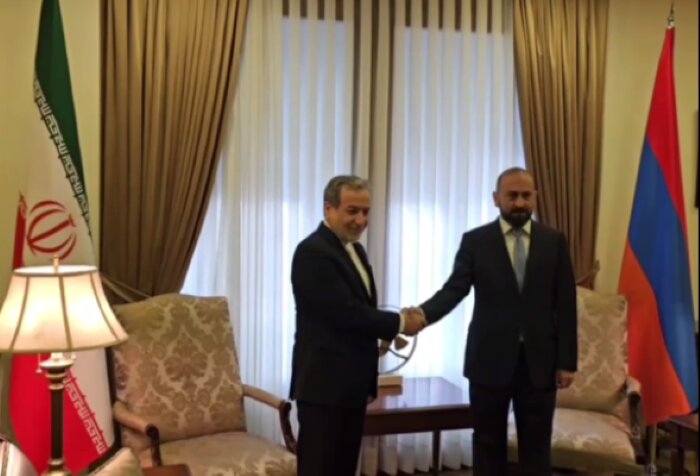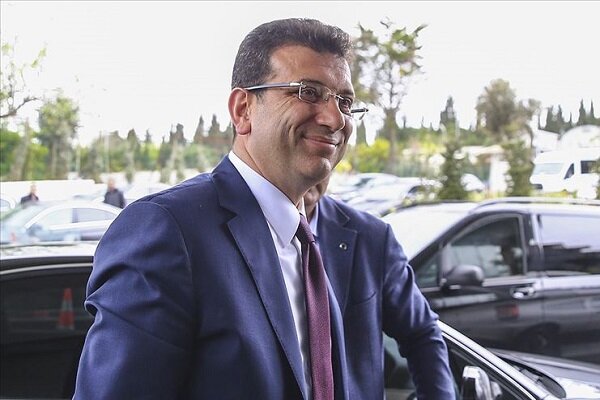Unveiling the Nakba: A Compelling Book Review on Its Historical Significance
In the realm of literature that addresses historical injustices, Voices of the Nakba: A Living History of Palestine emerges as a significant work. This powerful oral history collection, edited by anthropologist Diana Allan, sheds light on the narratives of over 700,000 Palestinians who were expelled from their homeland more than seventy years ago. By documenting the personal stories of first-generation Palestinian refugees, primarily located in Lebanon, the book not only presents historical testimony but also offers readers a profound sensory experience of exile.
Drawing from two decades of research conducted by the Nakba Archive, an initiative co-founded by Allan and Mahmoud Zeidan, this landmark volume captures the memories of those affected by the 1948 Nakba, meaning “catastrophe” in Arabic. This pivotal event continues to shape Palestinian identity and their ongoing struggle for recognition and justice.
The book is thoughtfully organized into four distinct sections:
- Life in Pre-1948 Palestine: A glimpse into the vibrant communities and cultural diversity that existed before displacement.
- Resistance During the British Mandate: Stories of resilience against colonial forces.
- The Violence of 1947–48: Accounts of the upheaval and trauma during the Nakba.
- Exile: Reflections on the challenges faced by Palestinian refugees.
This dual structure—melding oral testimonies with scholarly commentary—allows readers to appreciate both the personal experiences and the broader historical context of the events recounted. Each chapter consists of excerpts from interviews with refugees, followed by critical insights from academics across various disciplines, including anthropology, history, and literary studies.
At the heart of Voices of the Nakba are the authentic voices of ordinary Palestinians—men and women, peasants and city dwellers, Muslims and Christians—who share their stories in intimate, unscripted tones. Their narratives reflect themes of loss, survival, resistance, and longing:
- One individual recounts the harrowing experience of how Zionist militias rounded up villagers and perpetrated massacres.
- Another remembers the vibrant orchards, schools, and social bonds that characterized village life, all of which were violently disrupted.
While the trauma conveyed through these narratives is palpable, so too is the enduring sense of dignity and attachment to Palestine. Many interviews were conducted in the modest homes of refugee camps, amplifying the jarring contrast between past prosperity and present hardship.
What sets this book apart from previous historical narratives is its dedicated focus on orality and embodied memory. The editors and translators have worked diligently to preserve the unique rhythm and idiomatic expressions of Palestinian Arabic, ensuring that these stories maintain their emotional and linguistic authenticity. As Diana Allan emphasizes in her introduction, these narratives transcend mere recollections—they stand as acts of resistance against historical erasure.
The timing of Voices of the Nakba‘s release is particularly relevant. As global awareness of the Palestinian cause intensifies amidst ongoing crises in Gaza and the West Bank, this book provides urgent testimony that challenges the tendency to confine Palestinian suffering to the past. It asserts that the Nakba remains an unresolved issue—an ongoing plight characterized by displacement, denial, and resistance that continues to this day.
For journalists, educators, and policymakers, this collection serves as a crucial counterpoint to mainstream narratives that often overlook or misrepresent the Palestinian experience. For Palestinians in exile, it stands as a tribute to their enduring struggle, a record of resilience, and a vital repository of collective memory for future generations. For all readers of conscience, it serves as a deeply moving reminder that the journey toward justice begins with the act of listening.
Ultimately, Voices of the Nakba transcends mere storytelling; it is a living history and a call to moral responsibility. On Nakba Day, when Palestinians and their allies gather to commemorate the trauma of 1948, this book serves as a powerful testament to the truth that those who refuse to forget will ensure that their stories are never forgotten.
